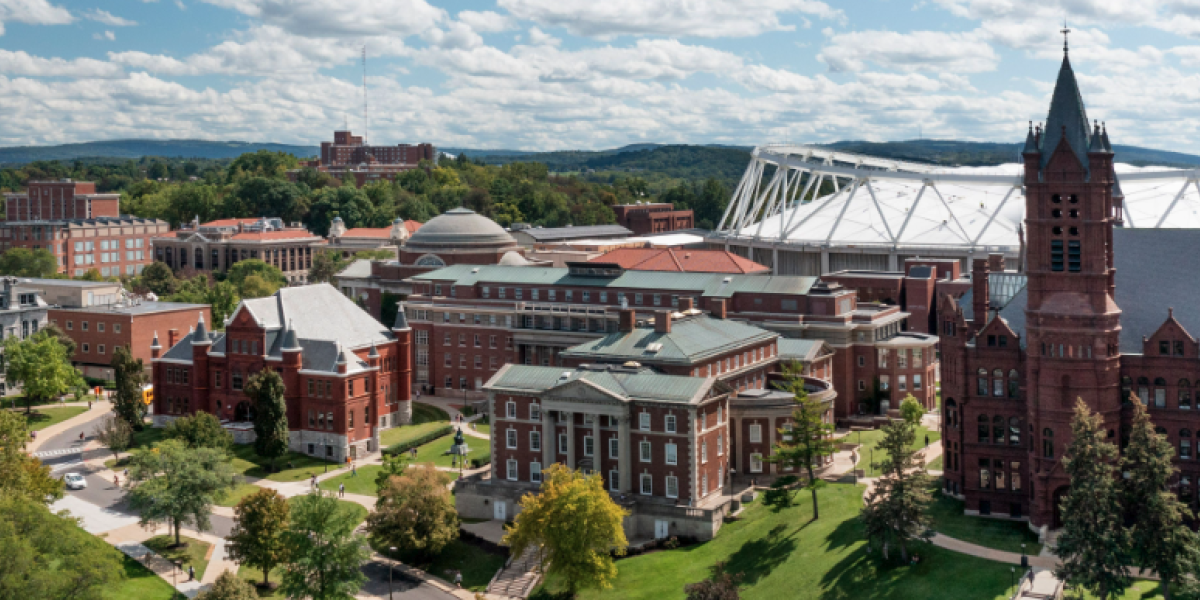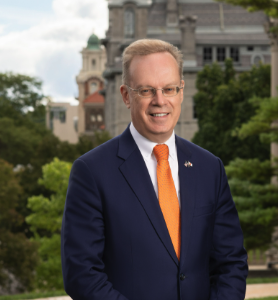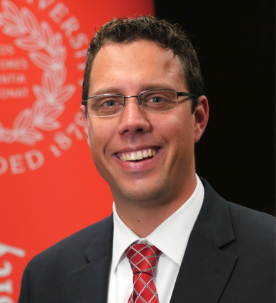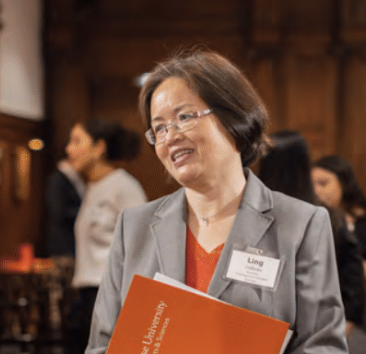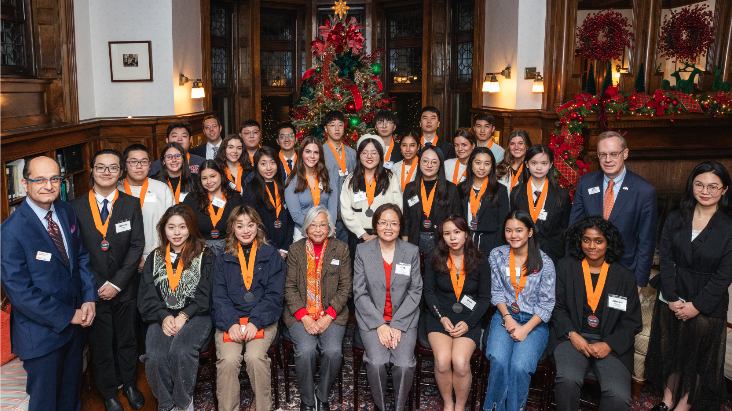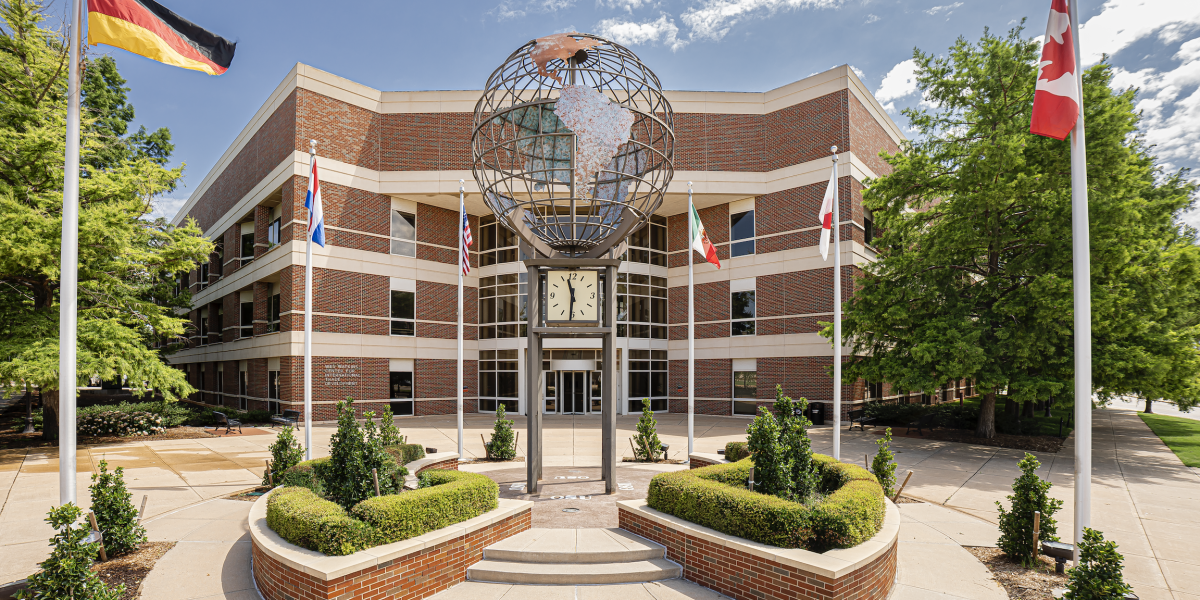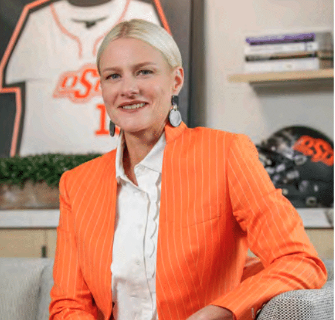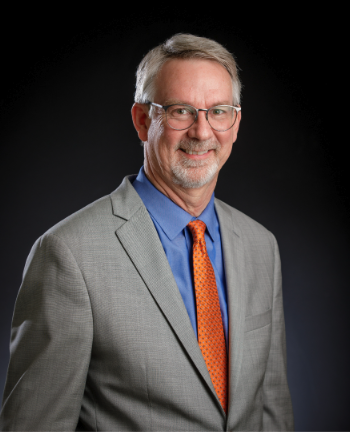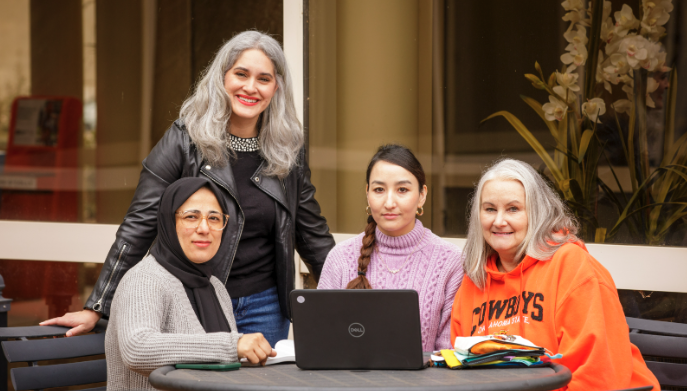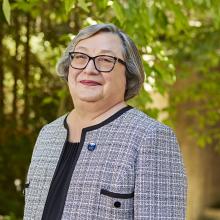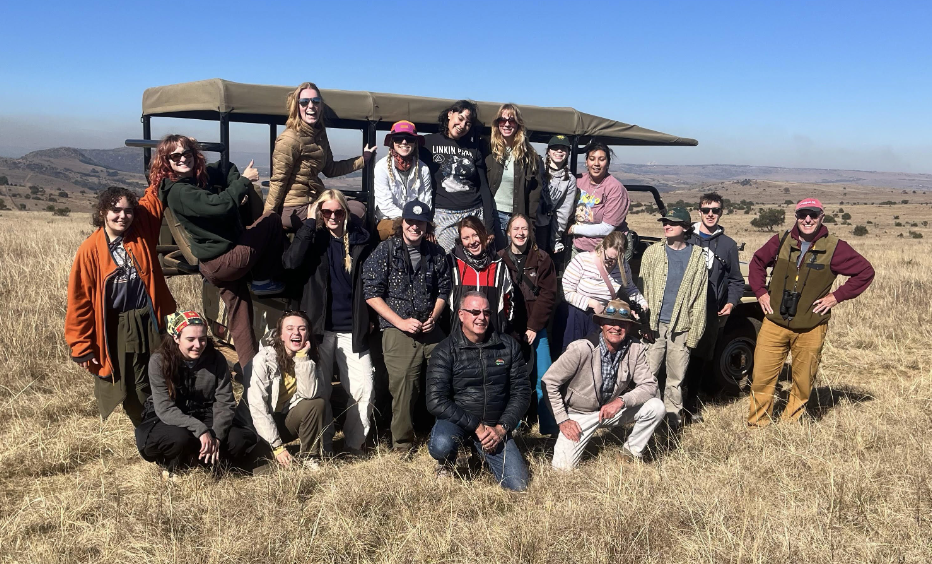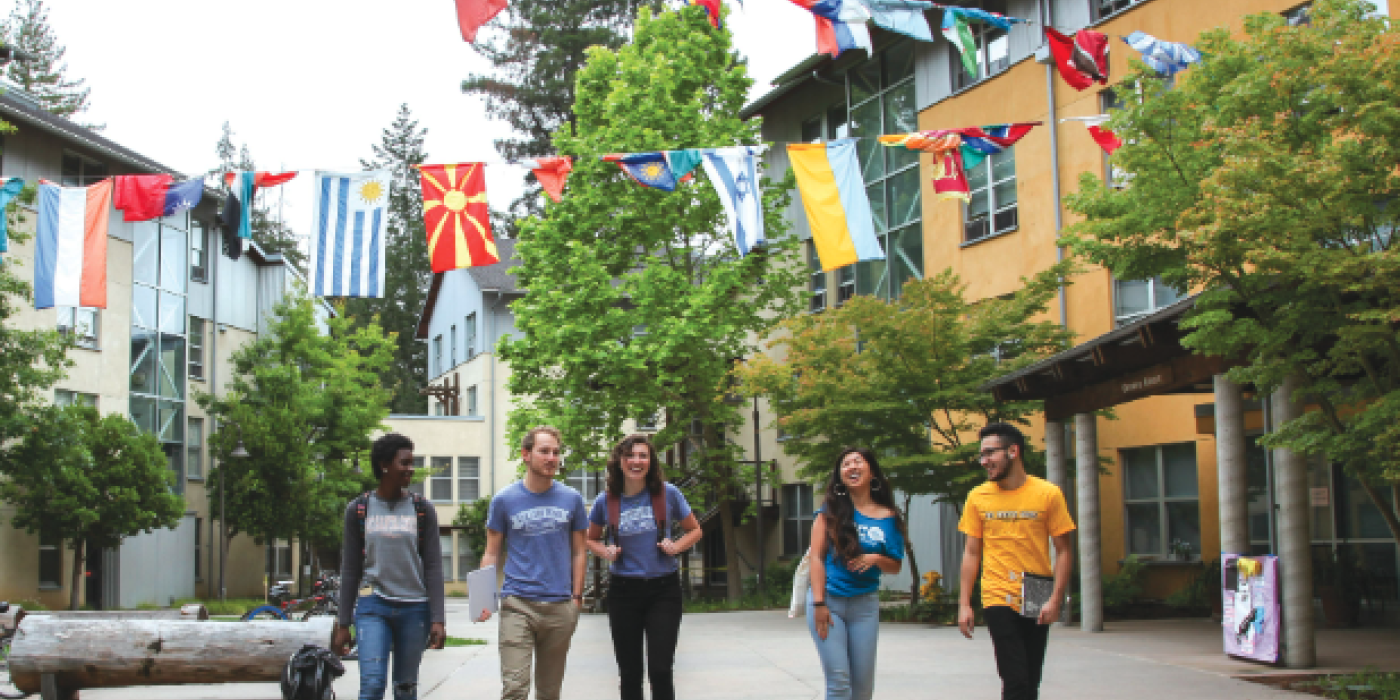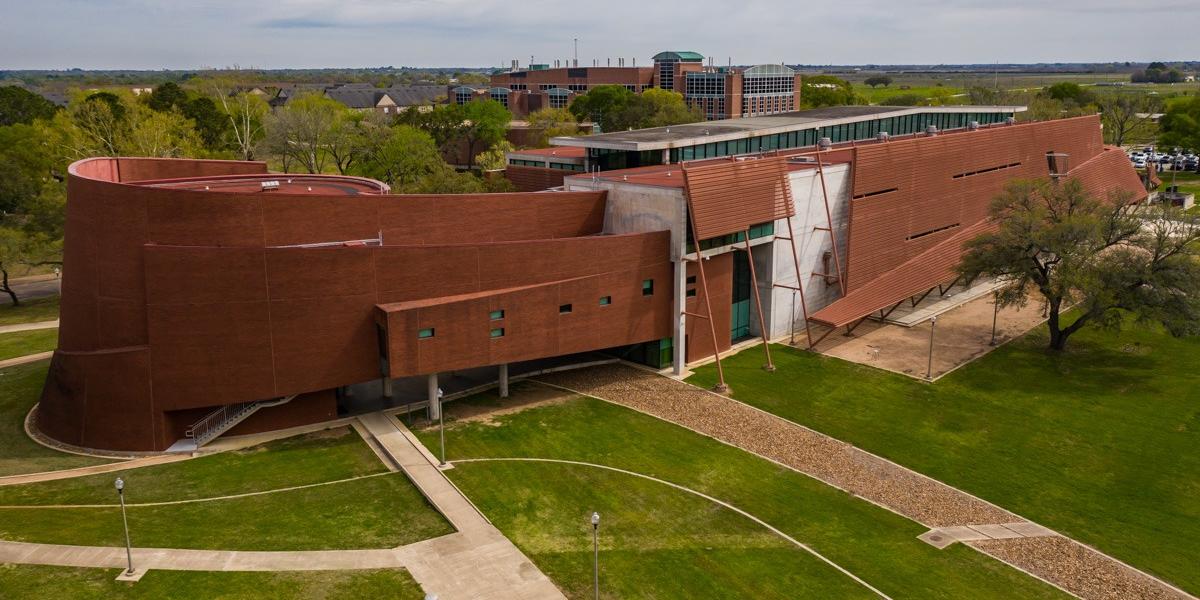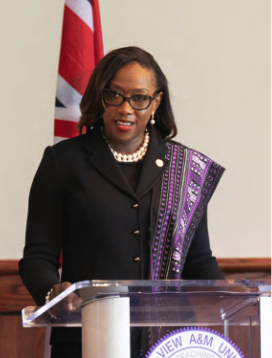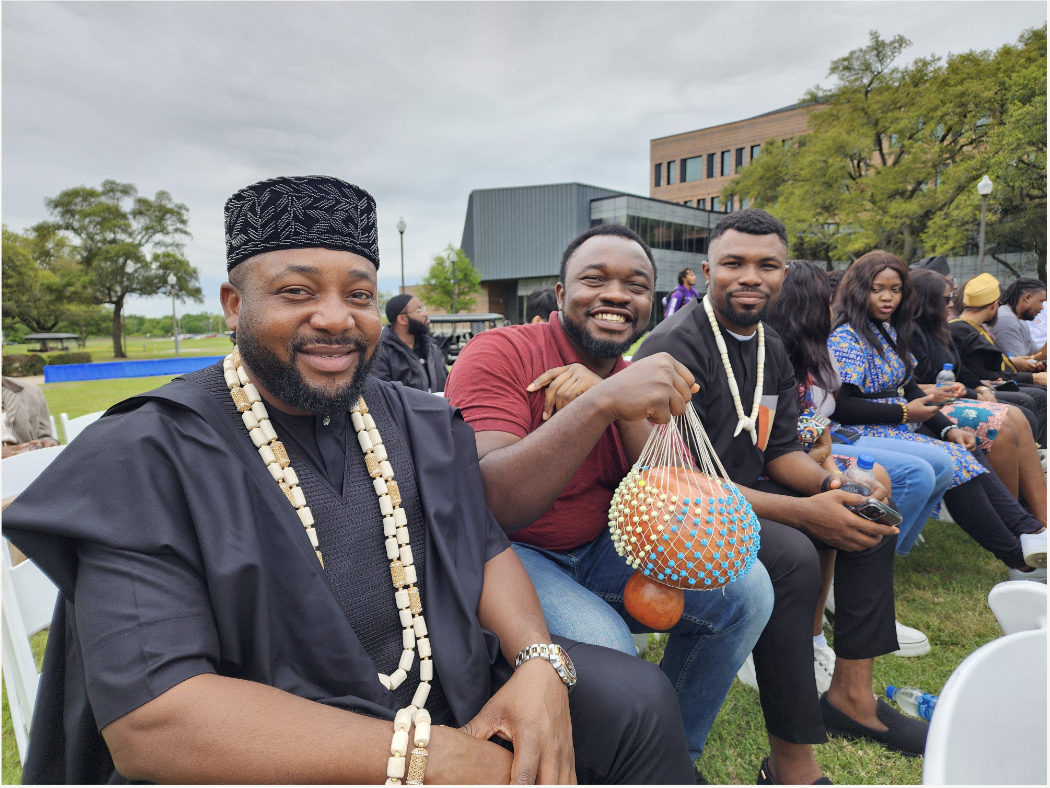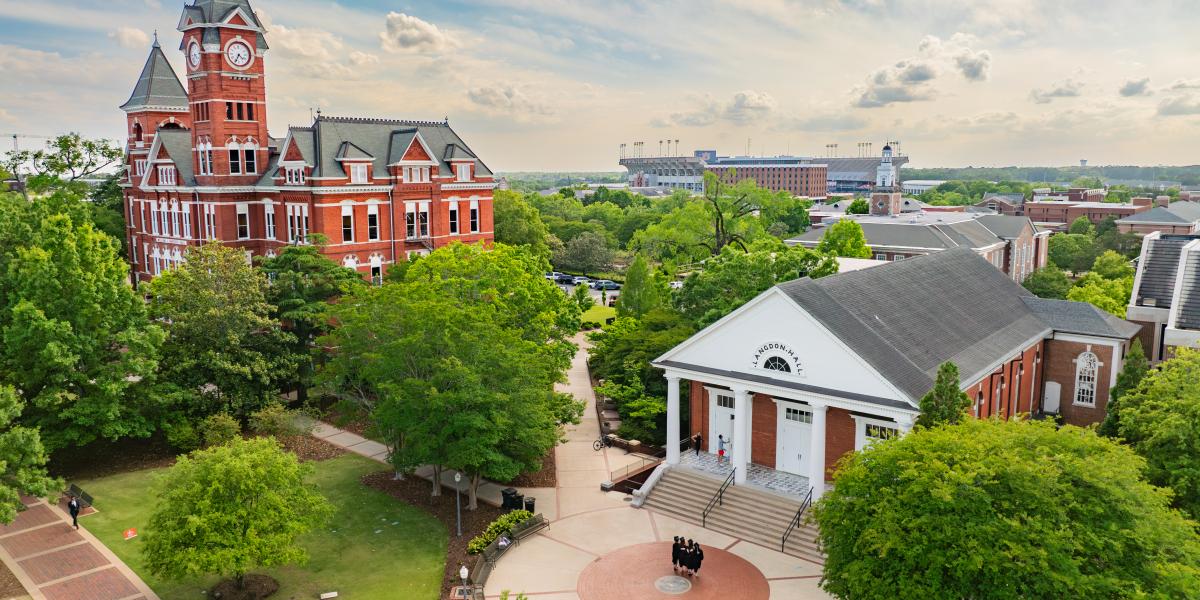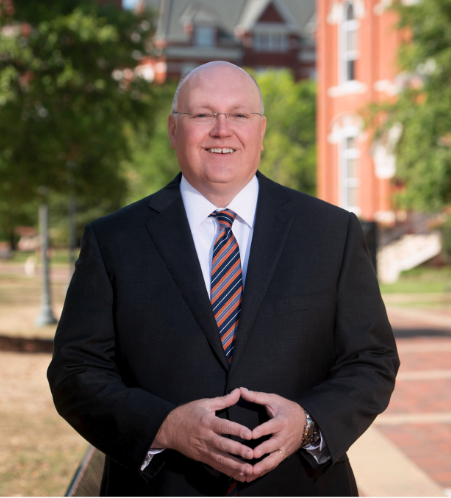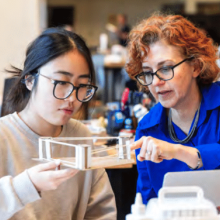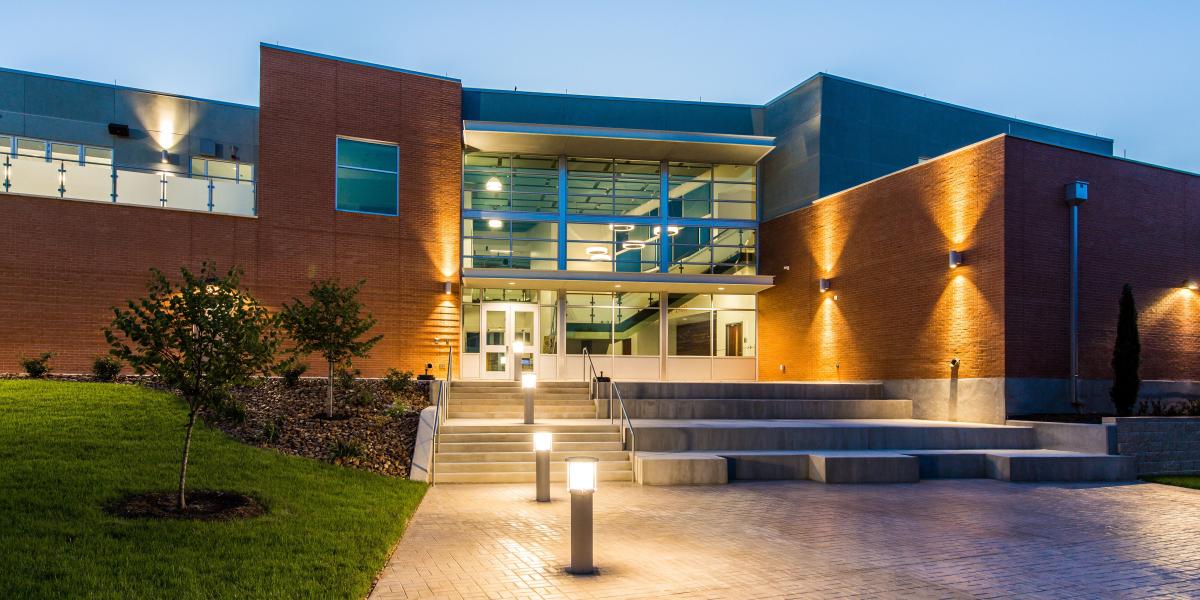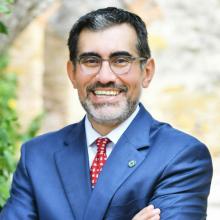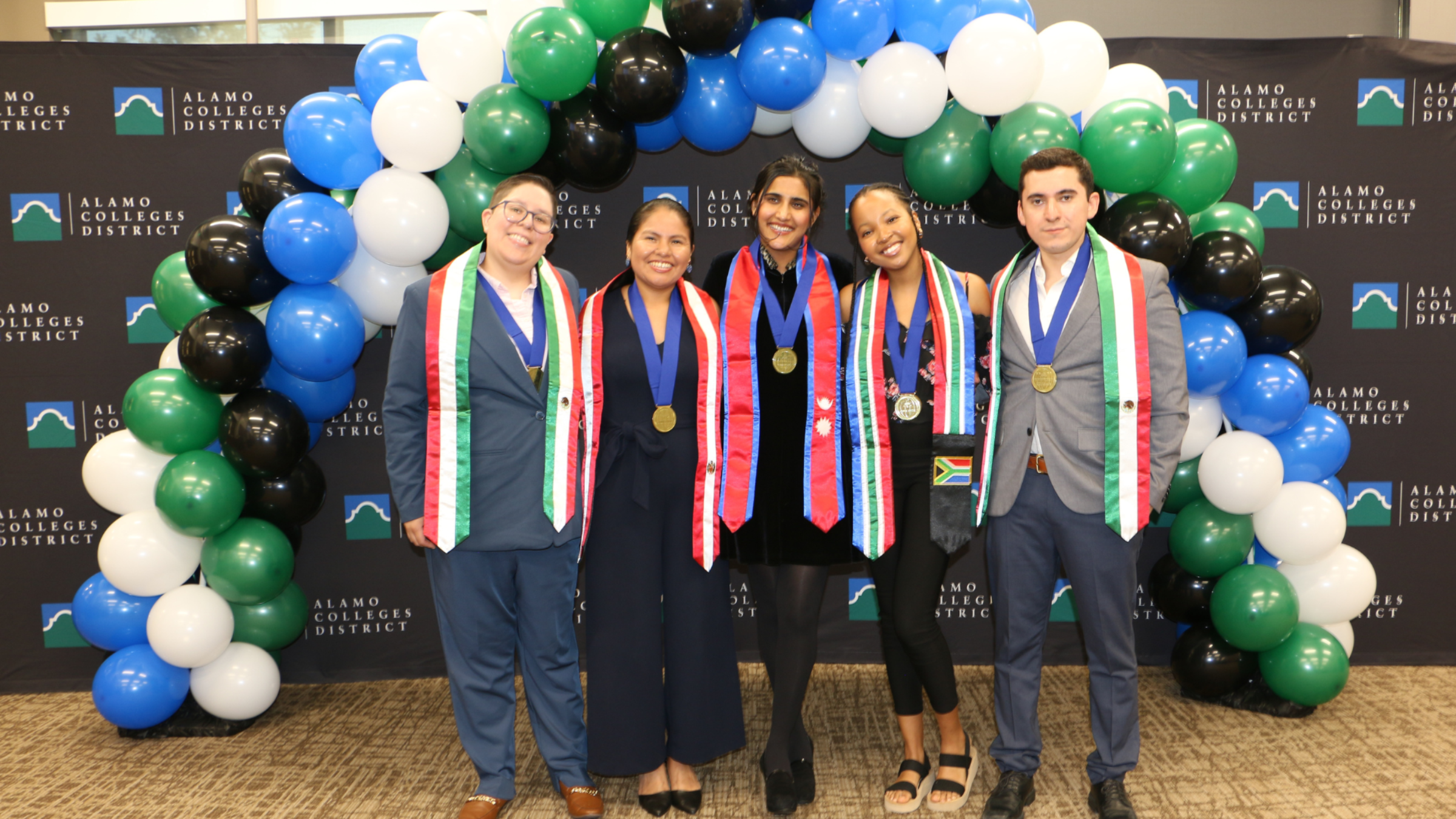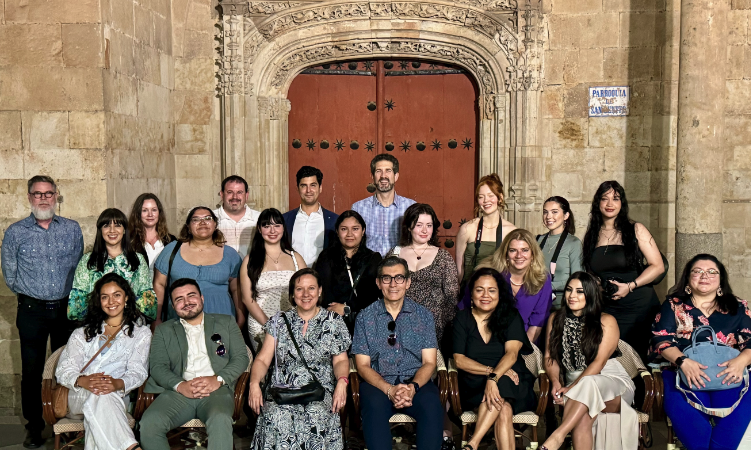2024 Spotlight Syracuse University
Syracuse University, founded in 1870, is a private research university in the heart of New York State. With a student body of more than 22,000, including 15,000 undergraduates, the university has a long history of welcoming international students to its campus. The College of Arts and Sciences and the Maxwell School of Citizenship and Public Affairs collectively enroll around 5,000 undergraduates, and approximately 20 percent of those students are international, hailing from more than 60 countries. The schools’ International Student Success Model represents an innovative approach to advising international undergraduate students that provides them with proactive, holistic support as well as intercultural training for the staff who work with these students.
When Steven W. Schaffling, assistant dean of student success for the College of Arts and Sciences (CAS) and the Maxwell School of Citizenship and Public Affairs, joined Syracuse University in 2018, he recognized that there was a gap in academic support for the schools’ growing international population. He saw that retention rates for international students were lower than for their domestic peers, particularly in the critical first year of studies.
Schaffling explains that, typically, an undergraduate student's first-semester GPA is the most heavily weighted factor in predicting one-year retention rates. However, at his previous institution, he found that international students would have lower GPAs at the end of their first term, but these students’ academic performance would then rebound at a higher-than-average rate in their second academic term.
Schaffling says that these rebound rates indicate that international students’ low first-semester GPAs aren't the result of a lack of academic ability but rather a lack of holistic advising that also addresses issues such as cultural adjustment. “What that was telling me was that the transition in the first term was offsetting them from where their true capacity was,” he says.
To bridge the gap in support, Schaffling wanted to create a position outside of the international office that was situated within academic and career advising for CAS and Maxwell. Syracuse’s overall approach to advising is deeply integrated, he says, with academic and career guidance embedded in the academic units.
In 2020, the university hired Ling LeBeau as its first-ever director of international student success. LeBeau's role has two key components. First, she works directly with Schaffling and the advising office for CAS and Maxwell to create and implement strategic programming to engage the international population, with a focus on first-year undergraduate students. Second, LeBeau is responsible for developing the intercultural competencies of the 24 academic and career advisers within CAS and Maxwell so they can better support international students.
“Understanding the cultural norms really helped us inform how we could better advise [international students] academically and careerwise,” says Elena M. Paolini Williams, director of first-year advising in CAS and Maxwell.
Fostering Peer Connections and Academic Interventions
To address the unique challenges faced by international students, LeBeau developed the International Student Success Model, which has five core pillars: prearrival academic coaching, peer mentoring, adviser training, academic intervention, and targeted communication. The program begins before new international students even set foot on campus, with a self-paced online course that familiarizes them with academic expectations and available resources.
Once on campus, each new international student is paired with a peer mentor—a returning student who can be either a domestic student or a fellow international student. The mentor provides guidance and support during the first year. By structuring the peer-mentoring program with a defined syllabus and learning outcomes, the university has been able to maximize its impact, Schaffling says.
Ines Harouchi, a third-year student from Morocco, is one of these peer mentors. She recalls how valuable it was to have someone she could easily reach out to with questions when she was a new international student: “It was nice to know that there was someone I could talk to if I was homesick or if I needed help with anything academically.”
LeBeau's research has found a significant difference in the GPAs of students who are actively engaged with a peer mentor versus those who are not, underscoring the impact of the program. The university takes a data-driven approach to the student success model, soliciting student feedback and tracking the peer-mentoring program annually to identify areas for improvement. “We let those assessments drive where we should focus and what we should do differently,” Schaffling says.
In fall 2022, the retention rate for international students in CAS and Maxwell reached 91.5 percent—the highest since 2010.
Peer mentoring is one way that Syracuse cultivates a sense of belonging for international students. Another is creating ways for students to connect and share their questions, ideas, and doubts. To that end, LeBeau has created communication channels to help foster a sense of community, such as a weekly international student newsletter and social media groups on platforms like WeChat, WhatsApp, Instagram, and Facebook.
Students don't know what they don't know. You need to ask questions because students otherwise don't know you can help them with that. —Director of International Student Success Ling LeBeau
LeBeau has also provided training to academic and career advisers and graduate teaching assistants, particularly in departments with large international student enrollments, in order to enhance their intercultural competence. For example, she led a workshop with the Center for Teaching and Learning for graduate students and faculty in the Department of Biology to discuss strategies for effectively communicating with and supporting international students in the classroom.
Part of LeBeau’s approach is “intrusive” advising. “Students don't know what they don't know,” she says. “You need to ask questions because students otherwise don't know you can help them with that.”
Building a Community of Practice
While piloting the International Student Success Model at Syracuse, LeBeau saw the opportunity— and need—to share her experiences more widely. As a longtime NAFSA member and a volunteer leader in the International Education Leadership and Teaching, Learning, and Scholarship Knowledge Communities, LeBeau recognized the importance of engaging with professional associations to expand the reach of Syracuse’s model to other institutions.
She and Schaffling turned to the National Academic Advising Association (NACADA), identifying a gap in support for international students within the organization's 37 advising communities. Working with NACADA, LeBeau proposed establishing an official International Student Success Advising Community. To build her case, she conducted a global survey of academic advisers, which found that 96 percent of respondents had an urgent need for professional development opportunities around advising international students. After looking at these data, NACADA's board of directors approved the new community in March 2023.
We're really proud of what we've built here. And we're excited to see how it can benefit even more students in the years to come. —Assistant Dean of Student Success Steve Schaffling
Peer institutions have already reached out to learn more about Syracuse’s model after LeBeau published an essay about the university’s approach in NACADA's Academic Advising Today publication. “We really see this as the beginning of the model's impact on institutions elsewhere,” she says.
The effects of the model have also been felt across the university. During Syracuse’s recent academic strategic planning process, a working group of faculty and staff recommended encouraging the rest of the university’s schools and colleges to develop their own integrated strategies and staff to support international student academic success.
Schaffling sees promise in the signs of success that have emerged from the unique positioning of the International Student Success Model within the academic advising office for CAS and Maxwell. “We're really proud of what we've built here,” he says. “And we're excited to see how it can benefit even more students in the years to come.”

